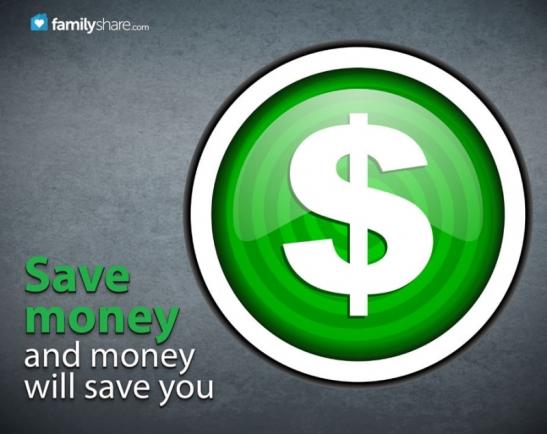
Low income families face financial challenges different from middle income families. Perhaps the easiest way to identify this difference is in the types of things such families find difficult. Middle income families may find it hard to find the money to pay for a child's piano lessons or scout camp, lower income families are worried about putting food on the table, covering rent and keeping the kids in shoes that fit.
Here are some tips for lower income families to help make sure that you make it each month.
Reduce or eliminate your investment in cars
Cars are much more expensive than you may realize. The bills don't come all in a lump each month. You don't often have to buy gas on the same day that you pay for repairs and pay for the insurance. You'll never get a bill for depreciation, but your car is depreciating every month. It is hard to own a car that doesn't cost $500 per month. If you have two cars, that could be eating up half your income. Seek to organize your life so that you need only one car - or if you can pull it off - none. Living near public transit and within walking distance of shopping may allow you to be car free.
Take full advantage of the Earned Income Tax Credit
Most working people with low to moderate incomes qualify for a tax refund that can exceed the taxes you pay to the Federal Government. Most people have taxes deducted from their paychecks; if your income is low and you are head of household you can have the tax refund added to your paycheck each week.
Make a plan to buy a home
Unless you were foreclosed out of a home during the Great Recession, 2013 should be a good year to buy a home. Interest rates are expected to be so low that mortgage payments could be less than rent for many people. Many states operate programs to help low income families buy a modest home. If you own a car worth $5,000 and can buy a home near public transit that would allow you to live without a car, you may be able to buy a home using the value of your car as a down payment. Emeryville, California, by way of example, operates a program allowing residents to borrow up to $58,000 as a down payment to match with their own 3 percent down payment. The loan has a very modest interest rate and requires no current payments so all of your cash can go toward paying off your first mortgage.
Get health insurance
Buying health insurance can be difficult and expensive, but nothing will wipe you out faster than having an illness or injury while uninsured. One emergency room visit can cost $5,000. The Federally-sponsored, state-operated CHIPs (Child Health Insurance Program) provides affordable health insurance for your children so you can get your children the preventive and emergency care they may need.
Open a bank account
People without bank accounts pay more in banking fees than people with well-managed bank accounts. By avoiding check cashing fees, fees for money orders and certified checks, you can afford to buy more of life's necessities.
Making ends meet on a limited income isn't easy, and there is no magic solution. In the long run, education can provide a path into the middle class. Finding and living in a walkable community with good public transportation allowing you to live without a car will do more to improve your financial situation than anything else in the short run. Owning a home in the long run will significantly alter your lifestyle and prepare you for a more comfortable retirement.

